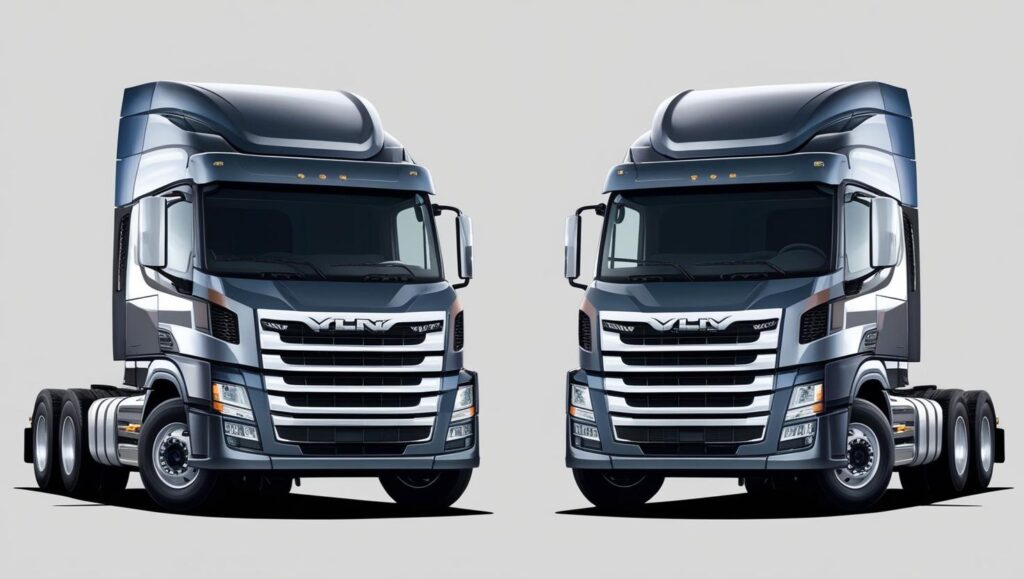Smart choices allow you to adjust core systems quickly and flexibly. Changes in the direction of the organization can thus be implemented immediately. What you might once have seen as a slow-moving oil tanker grows into an agile IT fleet.
The metaphor of the oil tanker is often used to indicate various characteristics of an organization. Sometimes the tenor of this is positive, but often it is negative. A positive interpretation of this metaphor is that, as an organization, you are steady on course. You look for the shortest and fastest route to get from one port to another. You get a skilled pilot on board in a timely manner. You have an overview and understanding of the risks, and your people know what to do. All of this creates confidence. The explanation becomes a bit more negative when you consider that this tight route planning prevents the tanker from changing course. For example, because you can drop some of your cargo at a better price at another port. It simply takes you too much time to change course, so another supplier is too quick for you. Translate this to reality, you are not flexible and agile as an organization. If changes come your way, you find it difficult to deal with them.
Innovation and change capacity crucial
Although you maintain your trust as a stable party with customers, clients or chain partners, at some point they will make other choices.
The consequences are similar in both imagery and reality. Although you maintain your trust as a stable party with customers, clients or chain partners, at some point they will make other choices. After all, society is dynamic and consumers expect nothing but optimal and fast service. We live in an Act-Now economy, where transactions take place in real time and customer experiences must be continually exceeded. Also, don’t forget that employees increasingly factor innovation and change capability into their choice of employer. Before you know it, you price yourself out of the market and they abandon ship.
Impeding it systems cause delay
Just as the tanker has to overcome many obstacles to react quickly and change course or cargo, so too do organizations experience numerous obstacles to adapting to change. A good number of these are IT-related. A survey of 540 managers found that 28 percent believe there is too much focus on the short term; outdated systems are not being modernized as a result. A quarter believe that IT systems function as islands, without proper integration between departments, preventing optimal collaboration. Updating core systems is problematic according to one-fifth (21%) of managers.
Digital transformation is essential
In many cases, there is a logical explanation for the emergence of these IT hurdles. For example, there are mergers or acquisitions that result in several core systems operating side by side, with complexly maintained integrations. This is knowledge- and time-intensive, both of which are scarce. Legacy systems also often pose problems: much needed in day-to-day operations but difficult to reconcile with the rise of cloud applications and hybrid working. Organizations are reluctant to jettison legacy because of the impact on the primary process. This is quite apart from the question of whether you have enough IT professionals to set up such a migration. The result is that it is difficult to innovate, you do not benefit enough from the digital transformation and it is difficult to stay afloat in the Act-Now economy. Are you still relevant to your customer?
From oil tanker to treasure fleet
The IT environment is often perceived as the aforementioned oil tanker: everything is functioning, but don’t ask to change course quickly. So what you need to work toward is a complete fleet, to stay in the metaphor. You keep your tanker, perhaps in slightly downsized form, and it is flanked by small vessels or speedboats that can maneuver quickly and skillfully. That way you keep the confidence of a steady course, but take advantage of market opportunities by reacting quickly. Translating this to an IT environment, the tanker represents the core systems and the speedboats are the tools you need to shift course and accelerate. These tools are also mentioned in the aforementioned survey. For example, 20 percent are thinking about artificial intelligence and machine learning to analyze large amounts of data and automate processes and decisions. And 17 percent cite low-code as an important tool to quickly and purposefully develop business-critical applications that empower the end user and actually make the organization agile and flexible.
With this way of thinking, you don’t have one oil tanker, you have a greasure fleet. This represents an IT environment with powerful core systems complemented by applications that can be built quickly and add immediate value. Let that treasure fleet sail in.
Download the full research report. Report is only available in Dutch.
About the research
USoft conducted research among 540 managers in the Netherlands, at organizations with more than 50 employees. Almost half were from organizations with more than 250 employees.




